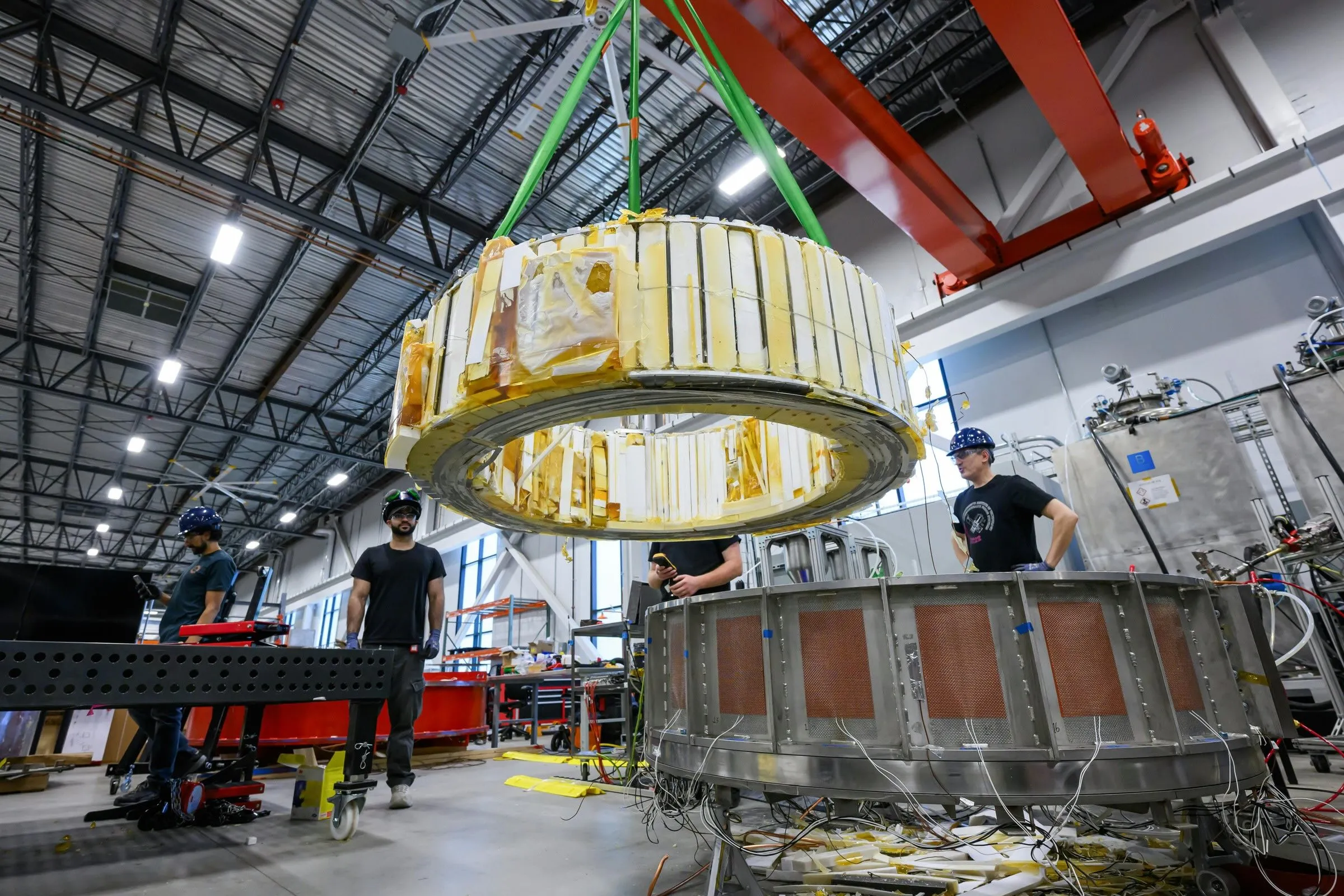Commonwealth Fusion Systems Secures Over $1 Billion Energy Deal with Eni for Future Reactor
Commonwealth Fusion Systems (CFS) has struck a landmark agreement with Italian energy giant Eni, committing to supply more than $1 billion worth of electricity from its upcoming fusion reactor.
The plant, known as Arc, will be built near Richmond, Virginia, an area with one of the nation’s highest concentrations of data centers. Designed to generate 400 megawatts of power, Arc is projected to begin operations in the early 2030s, according to CFS Chief Executive Officer Bob Mumgaard.
This deal marks CFS’s second major customer commitment. In June, Google agreed to purchase half of Arc’s output. Details of Eni’s agreement, including the exact amount of power and delivery timeline, remain undisclosed.
Meanwhile, CFS is advancing construction on its demonstration-scale reactor, Sparc, located in Devens, Massachusetts. Mumgaard reported that Sparc is about 65% complete and remains on schedule to go online in 2026. “One of the reasons we built Sparc is to gain hands-on experience with a nearly full-scale system,” he said. “Arc will be the first of many reactors supported by a ready-to-scale supply chain.”
CFS has gained prominence in the fusion sector with its tokamak-based reactor design. The system employs powerful D-shaped superconducting magnets to contain and compress plasma, where atomic collisions release massive amounts of energy. While simulations and experiments have shown promise, CFS acknowledges that Sparc must demonstrate net energy gain before confidence in commercial operations can be secured.
The company has raised nearly $3 billion to date, including a recent $863 million Series B2 round backed by major investors such as Nvidia, Google, Breakthrough Energy Ventures, and Eni. However, questions remain about what would happen to its agreements with Google and Eni should technical setbacks delay progress.
Mumgaard emphasized that both partners recognize the inherent risks of pioneering technology. “No one expects us to invent an entirely new industry and walk away if it doesn’t work on day one,” he said.
Google has signaled plans to use Arc’s electricity for its data centers, while Eni will channel its share of power into the U.S. grid. Eni’s Director of Technology, R&D, and Digital, Lorenzo Fiorillo, confirmed, “The power will be sent to the grid at the end of the day.”
Industry observers suggest that Eni’s purchase is less about immediate profit and more about helping establish a commercial price for fusion energy. Selling electricity from Arc may not generate significant returns, but it provides critical financial certainty for the project.
Mumgaard admitted that the agreement strengthens CFS’s case with future investors: “It gives us clarity on where the power is going, what the price will be, and allows us to package that certainty to attract more project financing.”
If successful, Arc could become one of the most significant milestones in the global race to harness fusion power—potentially reshaping the future of clean energy.
Source: Techcrunch
news via inbox
Get the latest updates delivered straight to your inbox. Subscribe now!




